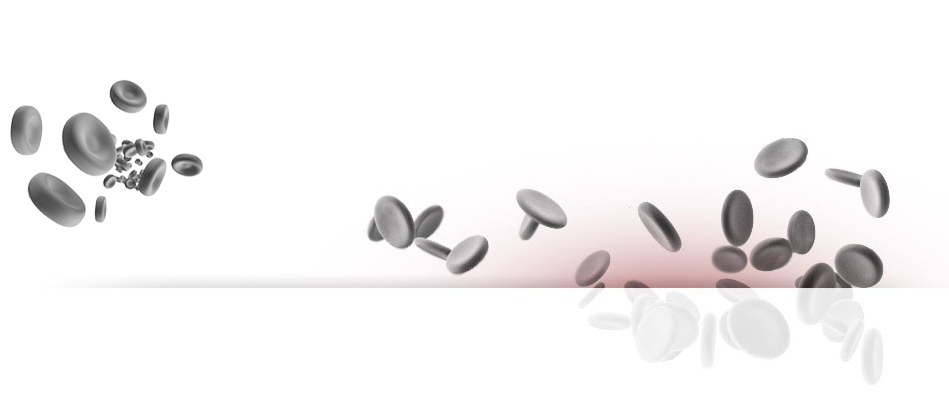Integrative Psychiatry
Definitions
Mind:
The thoughts, feelings, perceptions and memories of an individual.
Body:
The physical, biological, and chemical aspects of an individual.
Mind/body connection:
The connection between the body and the mind as they converge in the brain. Mind → Brain →Body → Brain → Mind
Body/brain connection:
The biological and chemical environment in which the brain exists and which, in turn, it controls.
Brain/mind connection:
The interface between the physiological aspects of the brain and its abstract, non-physical expressions such as thoughts and feelings.
Integrative Psychiatry:
A comprehensive medical approach to psychiatric conditions that examines and considers the entire spectrum of variables affecting an individual patient.
Entire Spectrum:
The unique factors affecting an individual’s condition and response to treatment, such as metabolism, concomitant neurological and other medical conditions, concurrently administered medications, pharmacokinetics, endocrine status, stress level, nutrition, physical activity, age, gender, employment and personal circumstances.
Optimizing currently available treatments:
A treatment philosophy meant to maximize the benefits of existing knowledge in contemporary medicine. Medical innovation is only as good as the way it is implemented. It is essential to pay attention to drug interactions, pharmacokinetics (The process by which a drug is absorbed, distributed, metabolized and eliminated by the body), environmental factors, co -existing conditions, and other factors affecting the diagnosis, treatment
and recovery of an individual patient.
Co-existing conditions:
The existence of other medical conditions that affect the diagnosis and treatment of the target condition.

